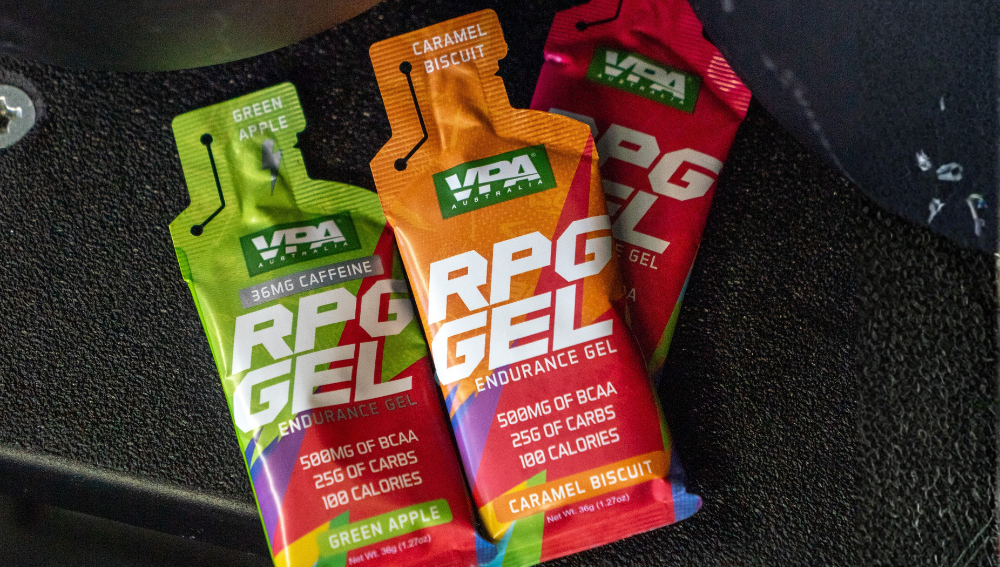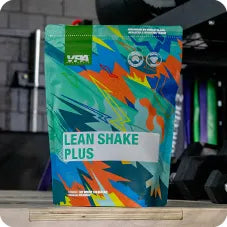Your Cart is Empty
Leucine – The King of the Aminos
October 29, 2020 2 min read

Consuming protein after exercise is important for two reasons. Firstly, protein provides the amino acid building blocks with which muscles and connective tissues are repaired and built. Secondly, the ingestion of amino acids provides the stimulus that tells your body it’s time to start muscle protein synthesis. In relation to providing this stimulus, not all proteins and amino acids are created equal. L-Leucine is one of the three branch chain aminos, and of all the amino acids it plays the most important role in stimulating muscle protein synthesis. Continue reading to find out how and why this happens.
What is an essential amino acid?
Amino acids are the building blocks of protein. There are 20 amino acids, and they form chains of various combinations and lengths to make different proteins. Of the 20 amino acids, 9 are essential amino acids. Essential amino acids can’t be made within our body, and the only way to obtain them is through food. They are found in the greatest amounts in animal proteins including dairy, beef, fish and eggs.
What are branched chain amino acids?
Of the 9 essential amino acids, three have a branched chain structure and are known as branched chain amino acids (BCAAs). Unlike other amino acids, BCAAs are broken down in muscle tissue rather than the liver, and from this they are more readily available to be used for muscle repair and synthesis. The three BCAA are leucine, isoleucine and valine.
Why is leucine important?
Of all the amino acids, L-Leucine is the most important in triggering Muscle Protein Synthesis (MPS), with the consumption of leucine acting as a switch to turn on MPS by activating the mTOR pathway. Other than in human muscle tissue which contains very high levels, Leucine is found in highest concentrations in dairy products including whey and casein proteins. For those who are unable for health or ethical reasons to consume dairy products leucine supplementation is very important.
The consumption of 3g of Leucine post training is needed to trigger MPS. A 20g serve of whey protein or casein contains around 3g of leucine. Plant proteins contain lower concentrations of leucine so you may need a 30-40g of plant protein isolate to obtain the same amount of leucine. Alternatively you may want to look for a plant protein with added leucine such as VPA Premium Plant.
Alternatively, leucine can be supplemented in powder form to ensure you are obtaining the optimal intake post training to stimulate MPS. You can find VPA L-Leucine powder here.
Explore our range of Amino Acids.
Sold out
Hopefully, this blog has explained why your choice of post workout meal and protein supplement is vital to promoting your optimal recovery and muscle growth. After all, leucine is king and you need to ensure you are getting enough of it.

Sally Mitchell
Sally Mitchell (BSc, MHumNut) is a scientist, university qualified nutritionist and VPA staff member. She brings a nerdy love of numbers, data, and science wit her to VPA. Her favourite VPA product is coffee Breakfast Shake. She enjoys powerlifting and running but, sadly, does both poorly.
Also in Featured

Creatine Capsules vs Powder — Which Is Better for Strength and Performance?
November 06, 2025 6 min read
Read More
Running Gels Explained — What They Are, How They Work, and When to Use Them
November 06, 2025 10 min read
Read More
Why Energy Gels Are a Game-Changer for HYROX Athletes and Functional Fitness Training
October 15, 2025 6 min read
Read More Recent Articles
- Creatine Capsules vs Powder — Which Is Better for Strength and Performance?
- Running Gels Explained — What They Are, How They Work, and When to Use Them
- Why Energy Gels Are a Game-Changer for HYROX Athletes and Functional Fitness Training
- Body Type Diet: How to Eat for Your Ectomorph, Mesomorph or Endomorph Build
- The Best Way to Take Creatine for Maximum Results (2025 Guide)
- Creatine Gummies Scam? What You Need to Know vs Powder
- 10 Proven Whey Protein Benefits (and Why WPI Might Be the Best Option)
- Third-Party Tested Supplements in Australia: Why It Matters More Than Ever
- 7 Best Protein Powders for Weight Loss in Australia (Updated 2025)
- Prebiotic Collagen Protein for Gut Health and Weight Loss: What You Should Know
${{amount}}












